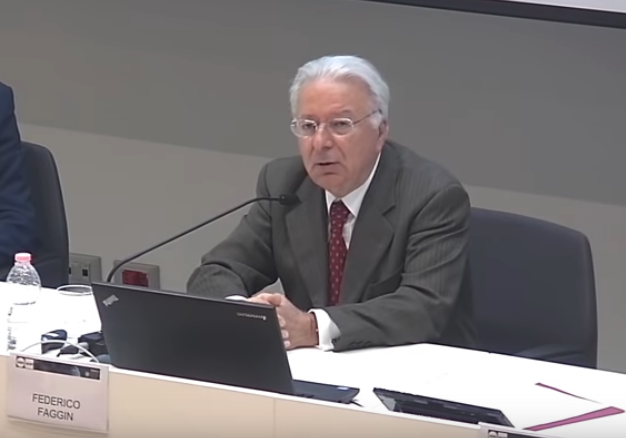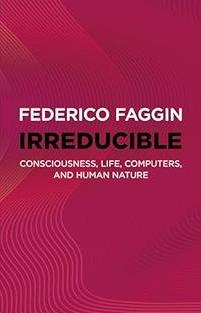|
home | what's new | other sites | contact | about |
||||
|
Word Gems exploring self-realization, sacred personhood, and full humanity
Quantum Mechanics Dr. Frederico Faggin reductionism and logical positivism
return to "Quantum Mechanics" main-page
Wikipedia: Reductionism is … an intellectual and philosophical position that interprets a complex system as the sum of its parts… In a very simplified and sometimes contested form, reductionism is said to imply that a system is nothing but the sum of its parts. Logical positivism [is a] theory of knowledge [which] asserts that only statements verifiable through direct observation or logical proof are meaningful in terms of conveying truth value, information or factual content. Britannica.com: Logical positivism [is] characterized by the view that scientific knowledge is the only kind of factual knowledge and that all traditional metaphysical doctrines are to be rejected as meaningless. Irreducible, pg. 71: A living cell is not a purely reductionist machine. Instead, it is a quantum-classical dynamical system, closer to the quantum reality than to the classical one. Editor’s note: Dr. Faggin explains how quantum systems are more than the sum of their parts, and why reductionism distorts and fails to describe. What we find, repeatedly, in so-called scientific writings -- purporting to offer guidance concerning the underlying nature of things -- is largely untested, unverified materialist assumption, dogma, and metaparadigm. Little more than propaganda to support the notion that organic life is merely a classical machine. Scientism ignores, or is ignorant of, the quantum bases of living things, which cannot be reduced to a sum of its parts.
|
||||
|
|

